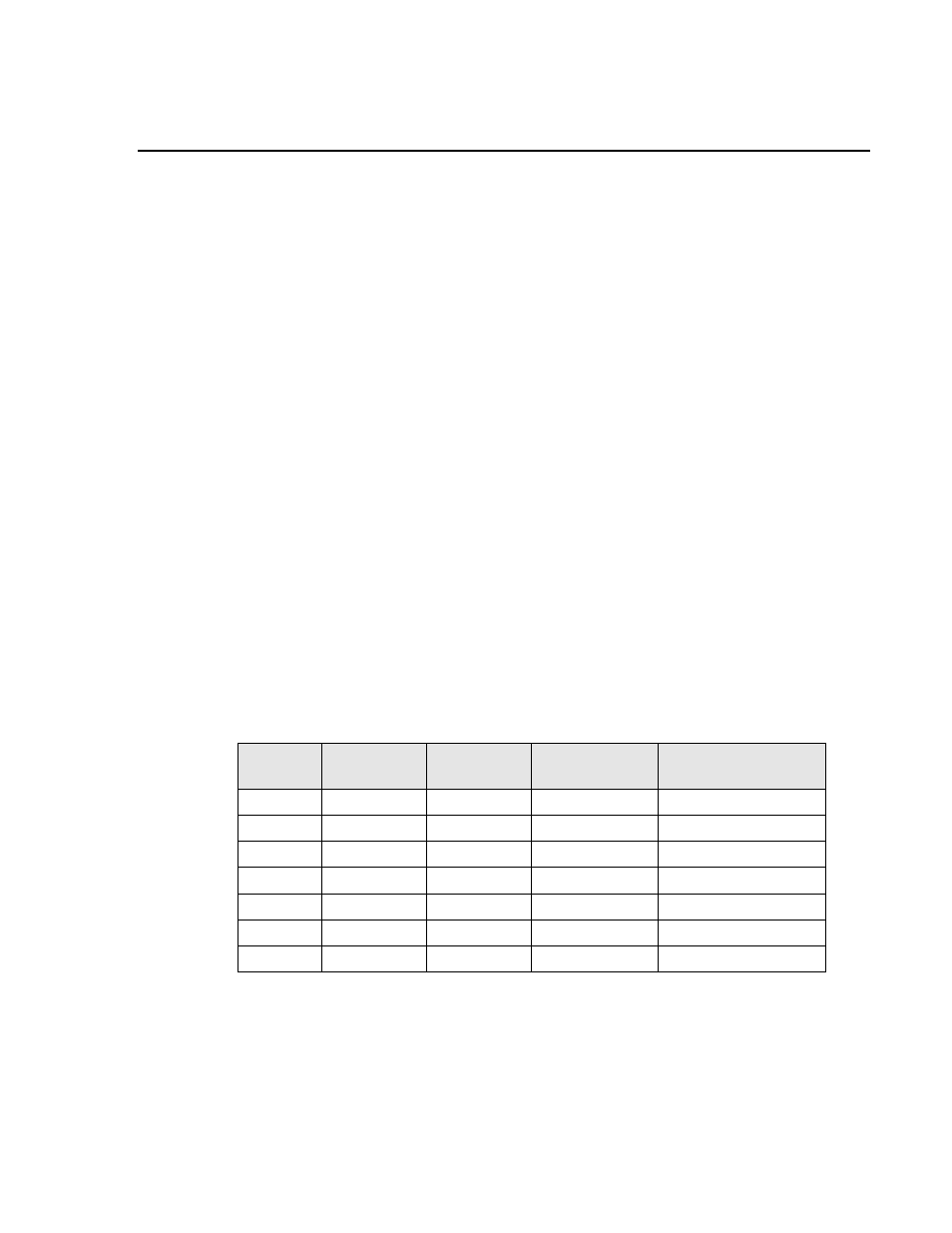Chapter 7 mmp-16 system applications, Film post production – Teac MMR-16 v4.0 User Manual
Page 116

TASCAM MMP-16 Owner’s Manual • Chapter 7 • System Applications
MMP-16
118
Chapter 7 MMP-16 System Applications
This chapter offers more detailed information for using the MMP-16 with film and video applications.
Setup Menu parameter selections, technical background information, and block diagram connections are
also covered.
Film Post Production
A standard method of synchronizing a film transport with external audio devices (like the MMP-16) is to
use the pulse-interlock signal, or as it is more commonly known today--the biphase control signal, as a
method of generating time code from the film’s movement to drive the various audio devices.
The biphase control signal consists of two 5 volt or 12-volt pulses (called phase A and phase B) that are
generated from the sprocket drive motor on the film transport. The phase relationship between the two
pulses indicates the transport direction (when phase A leads phase B by 90
°
the film is moving forward),
while the pulse frequency indicates the relative film speed (the nominal pulse rate indicates play speed,
with higher rates indicating wind speed and slower rates indicating crawl speed).
It is only through knowing exactly how many pulses are generated per frame, and then keeping track of
the total number of pulses that have been received (while subtracting pulses for when the film is moving
in reverse), that the MMP-16 can constantly translate the biphase signal into the correct feet & frames or
SMPTE/EBU time code numbers for the film frames. Since there are several “standard” biphase pulse
rates used by the various film transport manufacturers, there is no one nominal frequency of the biphase
signal for normal film play speed (pulse frequencies of 48 Hz up to 2400 Hz are used per frame). For the
MMP-16 to interpret and lock onto a biphase signal, and to generate the correct time code numbers, it
must be given the correct Setup parameters for the type of transport that it is following (Setup Menu 301).
Table 5.1 lists the biphase pulse rates the MMP-16 can lock to and some examples of the equipment for
each rate.
Biphase
Pulse Rate
Biphase Play
Frequency
Transport
Type
Acceleration /
fast wind speed
Notes
2 ppf
48 Hz
DIN standard
32 / 15x
Also used by Westrex
4 ppf
96 Hz
Westrex
8 / 5x
Alternate DIN standard
10 ppf
240 Hz
MTE
8 / 5x
20 ppf
480 Hz
RCA
8 / 5x
25 ppf
600 Hz
RCA
8 / 5x
50 ppf
1200 Hz
RCA
8 / 5x
Biphase only
100 ppf
2400 Hz
MTM
8 / 5x
Biphase only
ppf = pulse per frame
Table 5.1 Biphase Pulse Rate Settings